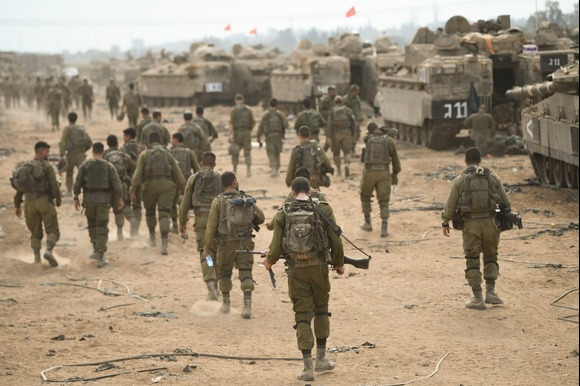Pakistan has urged an immediate ceasefire between the opposing military factions in Sudan during the sacred month of Ramadan, advocating for a sustainable resolution to the ongoing conflict through dialogue.
Ambassador Usman Iqbal Jadoon, Pakistan’s deputy permanent representative to the UN, addressed the UN Security Council on Wednesday, stating that two years of relentless violence and devastation have clearly demonstrated that a military victory in Sudan is unattainable. He emphasized the necessity for both parties to honor the sanctity of human life during this holy period.
“We call upon the involved parties to establish an immediate, permanent, and unconditional ceasefire and to engage in discussions aimed at achieving a sustainable political resolution for the benefit of the Sudanese people,” he remarked during the debate concerning the situation in Sudan.
The conflict involves the Sudanese Armed Forces (SAF), led by Abdel-Fattah Burhan, and the paramilitary Rapid Support Forces (RSF), commanded by Mohammed Hamdan Dagalo, commonly referred to as “Hemedti.” Following the military coup that ousted long-time president Omar al-Bashir in April 2019, both factions had pledged a smooth transition to civilian governance.
However, five years later, the SAF and RSF have failed to deliver on that promise, and their inability to reach a consensus on governance has resulted in the outbreak of war on April 15, 2023.
In his remarks, the Pakistani envoy denounced efforts to establish a parallel government in Sudan, asserting that any initiative that contravenes the principles of the UN Charter will not lead to a lasting resolution and will further jeopardize regional and international peace and security.
Pakistan, he affirmed, staunchly supports the unity, independence, sovereignty, and territorial integrity of Sudan.
Additionally, Ambassador Jadoon highlighted the urgent need to cease violations of International Humanitarian Law. “The Jeddah Declaration on the Protection of Civilians, which both parties have agreed upon, must be implemented in both letter and spirit,” he stated. “Those responsible for crimes must be held accountable.”
RSF must cease its lethal operations in the Zamzam and Abu Shouk Internally Displaced.Persons (IDP) camps immediately, stated Ambassador Jadoon. He emphasized that the 15-member Council must ensure the enforcement of its resolutions, particularly resolution 2736 (2024), which calls for the RSF to lift the blockade on El Fasher, the capital of North Darfur, Sudan.
Highlighting the “alarming” food security crisis in Sudan, the Pakistani representative urged the international community to assist in alleviating the humanitarian disaster and to address the 36% funding shortfall for humanitarian initiatives, indicating that the nation requires $4.2 billion to aid nearly 21 million individuals this year.
Previously, a senior UN humanitarian official urged the Security Council to enhance protections for civilians in Sudan and to facilitate unrestricted humanitarian access, as the violent conflict between opposing factions escalates.
“Nearly two years of unrelenting conflict in Sudan have caused tremendous suffering and transformed parts of the nation into a dire situation,” remarked Edem Wosornu, Director of the Operations and Advocacy Division at the Office for the Coordination of Humanitarian Affairs.
Ms. Wosornu provided this briefing to the 15-member Council on behalf of Tom Fletcher, Under-Secretary-General for Humanitarian Affairs and Emergency Relief Coordinator.
Over 12 million individuals in Sudan have been displaced, while 24.6 million are facing acute hunger, she informed the Council. In North Darfur, the violence surrounding the Zamzam displacement camp, which shelters hundreds of thousands of civilians, has escalated. Recent satellite imagery has confirmed the deployment of heavy weaponry in the area. Tragically, many lives have been lost, including at least two humanitarian workers, she reported.
Earlier this week, Médecins Sans Frontières (MSF), the primary provider of health and nutrition services in Zamzam, announced the suspension of its operations in the camp due to the worsening security conditions. The World Food Programme (WFP) has also confirmed the cessation of voucher-based food assistance as a result of insecurity and the destruction of the market in Zamzam.
Additionally, the UN Human Rights Office has corroborated reports of summary executions of civilians in regions that have recently changed control, as stated by Ms. Wosornu. In the southern part of the country, hostilities have expanded into new areas within North Kordofan and South Kordofan.
During the subsequent discussion, Council members expressed deep concern regarding the escalating attacks on civilians, highlighting the dire situation faced by the Sudanese population, especially children, and calling on all conflicting parties to cease hostilities.






